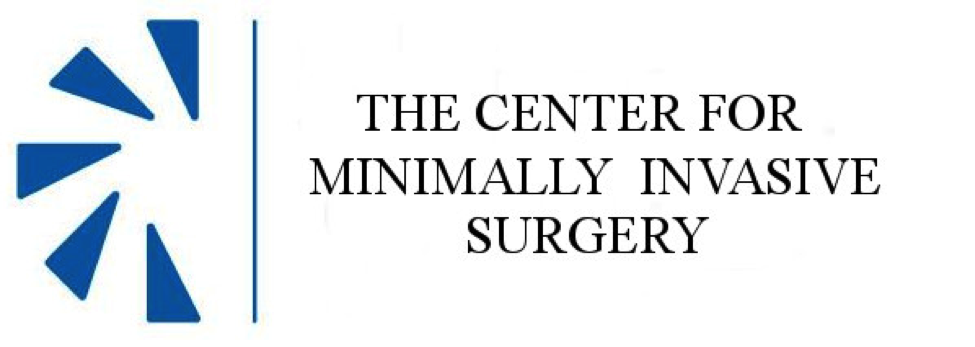Fixing Your Sinuses
Functional endoscopic sinus surgery (FESS) is an outpatient procedure that repairs and restores the function and health of the sinus. This procedure uses a device known as the endoscope to aid in visualizing and performing surgery through the nostrils. This surgery aims to remove any obstruction to the sinus.

Ideal candidates for FESS
Sinus problems cause symptoms like nasal congestion, breathing difficulty and impact on the sense of smell. A specialist usually recommends FESS if other treatments do not solve the sinus problems. The ideal candidates include chronic sinus infection or inflammation, deviated septum, nasal obstruction, nasal tumor, and nasal polyp.
A quick overview of the procedure
Before the day of the surgery, the doctor will provide specific instructions to follow. On the day of the surgery, general anesthesia is given and the endoscope is then introduced into the nostrils. Once the sinus problem is located, the surgeon repairs the issue with the help of instruments. After the FESS is completed, the patient is sent to the recovery room for a few hours. Most patients are discharged on the same day of the procedure.
Postoperative period
After the FESS, the physician will provide postoperative care instructions and what to expect. The doctor instructs nasal saline spray and sinus irrigation with sinus rinse kits to clear the sinuses. During the first week post-FESS, patients may experience some symptoms that are considered normal. Symptoms like bleeding, fatigue, nasal pain and pressure, nasal discharge, and nasal congestion are likely to happen.
Typical success rates
Most patients recuperate well after a FESS. Recovery is different for everyone but as an outpatient procedure and recover in 1-2 weeks. Most patients feel normal in 1-3 months. Studies have reported that 80%-90% of patients who underwent a FESS felt better post surgery
Immediate situations to call for help
Knowing the difference between a normal and an urgent situation is necessary. Although some mild symptoms after FESS are common, one needs to know when to call the doctor immediately. Call a healthcare provider if experiencing a high fever, unstoppable nosebleed or nasal discharge after a week of surgery. Other signs to watch out for are severe diarrhea, severe headache or neck issues, and severe eye symptoms.
Is FESS for me?
Sinus problems can be frustrating and uncomfortable but there is always a way to manage these symptoms. A healthcare specialist will evaluate and decide if the patient is an ideal candidate for FESS. A chronic sinus infection or inflammation, nasal obstruction, polyp, tumor, and deviated septum are the main candidates for FESS. This procedure does not cure the sinus condition but helps to relieve the symptoms and many have benefitted from FESS.
Recent Posts
What To Do About Hip Pain: Is It Time To See An Orthopedic Surgeon About Labral Repair?
Hip pain should not be overlooked, as the issue could be a labral tear. Symptoms like pain and instability require an orthopedic surgeon’s assessment.
ACL Repair: Will You Have Range Of Motion With Your Knee After Recovery & Physical Therapy?
After an ACL injury, ROM can be negatively affected. ACL repair surgery helps restore function, but physical therapy is essential to ROM.
Arthroscopy: What Are The Benefits Of This Minimally Invasive Outpatient Orthopedic Procedure?
Arthroscopy can help diagnose or treat joint conditions. Benefits of the MIS include faster recovery, less pain, and fewer scars.
Posterior Interbody Lumbar Fusion: What Are The Benefits Of PLIF For People With Back Pain?
People with chronic back pain may benefit from posterior interbody lumbar fusion surgery. PLIF can reduce pain and improve stability.








